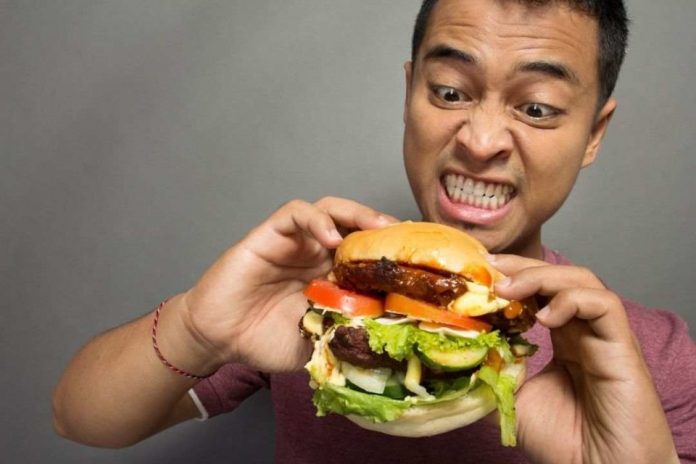Lately, in almost all of my client sessions, I am hearing “I binged”, “I can’t control myself”, or “I feel gross”. With further exploration it became obvious to me that the definition of a binge is clearly needed.
Up Until 2013, Binge Eating Disorder (BED) was not recognized as its own diagnosis. Prior to 2013, only more common eating disorders like Anorexia and Bulimia were identified, and BED was referred to as an eating disorder not otherwise specified (EDNOS). A wanderer if you will, with no significant spotlight. When the American Psychiatric Association released the latest Diagnostic and Statistical Manual of Mental Disorders (DSM- 5), Binge Eating Disorder had the well-deserved spotlight. BED is more common than both Anorexia and Bulimia, some studies even showing it three times more common than both combined.
Binge Eating Disorder typically begins in the late teens or early 20s and is seen in both men and women, with men having an onset more towards mid-life. Three out of ten individuals looking for weight loss treatment show signs of BED. As per the criteria, an episode of binge eating is described as eating an amount of food that is DEFINITELY LARGER than most people would eat in a similar period of time and under similar circumstances. It is marked by a strong sense of lack of control, eating at a rapid pace usually alone due to an increased sense of shame and guilt.
Now, how does this apply to life as we know it these days? We all know that it is not uncommon to eat excessively when undergoing an increase in stress. However, key in the definition of BED is that the food choices and amounts you are making should be clearly larger than what other may choose within the same period of time or circumstances. When a client reveals that they binged, and with further discussion it means they had extra Challah on Shabbat or finished a whole pack of licorice- that is not a “binge”. Call it mindless eating, soothing with food or boredom due to lack of stimulation. However, please recognize that it is not a binge. The messages we give ourselves over the food choices we make is so important. What we feed our minds can have even more of a detrimental effect on us in comparison to what we feed our bodies.
A session of overeating, while not a binge, can feel “bingie”. You recognize that you made choices you would not normally make, with foods that aren’t ideal. You feel that familiar feeling in your mind questioning “Why did I just do that”? Stop and start to ask yourself some really important questions. Did you feed yourself enough during the day? Were you around certain foods that you deliberately “did not allow” yourself to partake in? Do you keep a very rigid mindset with regards to foods that may be viewed by most as indulgent? We are all human and for most a hard no is not an easy road to follow.
If this resonates with you, its time for a reevaluation. Start to be curious about the rules you have set up around certain foods. Are they working for you and will they continue to work long term? Would you want your child or best friend to have the same foggy food head that you carry around with you? Change your rules! Bend them if you do not have the will to break them straight out of the gate. Recognize that you can have a piece of something without actually devouring the whole thing. Those stringent guidelines were set up to keep you stuck in a cycle that simply won’t work. With some patience, kindness and commitment, you will soon see that the war isn’t a war when you simply stop fighting it.
Dalia Abott, LMSW RD is a Registered Dietitian and Social Worker with a private practice in Woodmere. She specializes in adolescent and family therapy with a focus on Eating Disorders, Body Image and Self-Esteem.






























